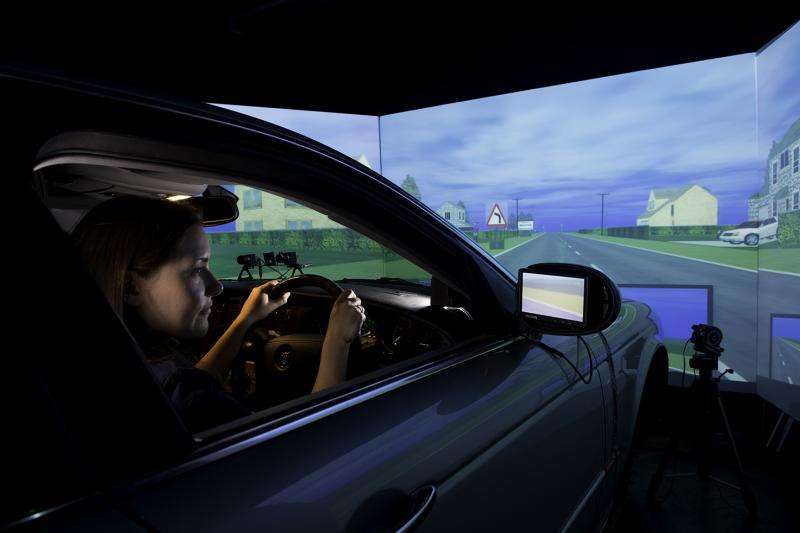Can you detect driverless cars based on driving behaviours?

Members of the public are being sought to take part in a new study by the University of Southampton to understand people's perceptions of automated vehicles.
Participants will be required to view a series of four to five second videos of a car (a white Tesla Model S) making lane changes, while driving down the motorway, and to decide whether it is being driven by a human driver or a computer.
The survey, which can be done from any computer or mobile device, takes about 10 minutes in total.
To take part, you must have held a full driving license for at least one year and have had regular experience driving on the roads.
The study is being led by Professor Neville Stanton from the University's Transportation Research Group. He said: "The study will help us to understand the effect of new vehicle automated systems on driving behaviour and cognitive abilities. We hope that the results will help to detect potential problems before the automated systems are launched on the market."
The research is part of the 'Human Factors for automated driving' (HFAuto, hf-auto.eu) project, which is funded by the European Commission. It involves European industrial and academic partners to investigate relevant issues and questions that the implementation of highly automated vehicles will pose to society.
More information: To take part in the study, please follow this link: www.isurvey.soton.ac.uk/19791
Provided by University of Southampton



















